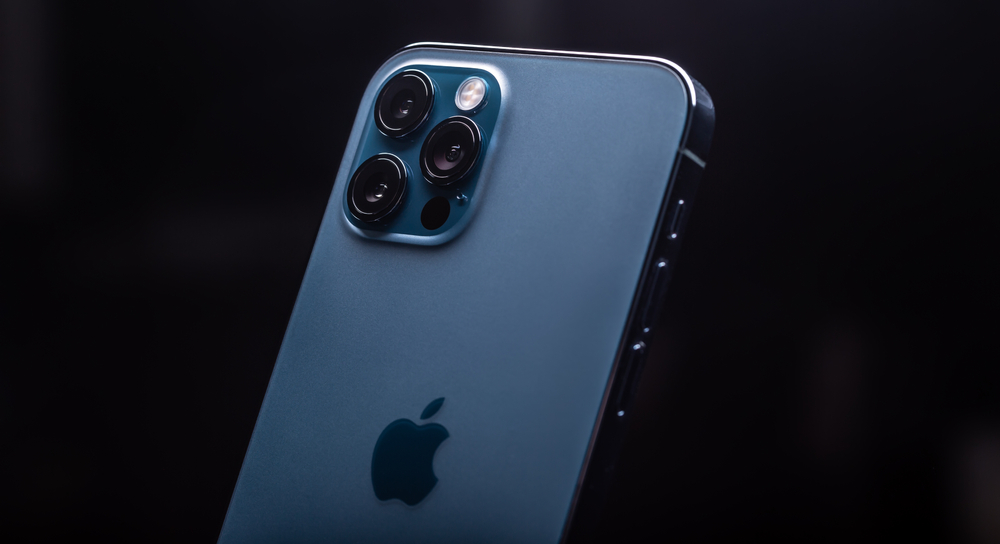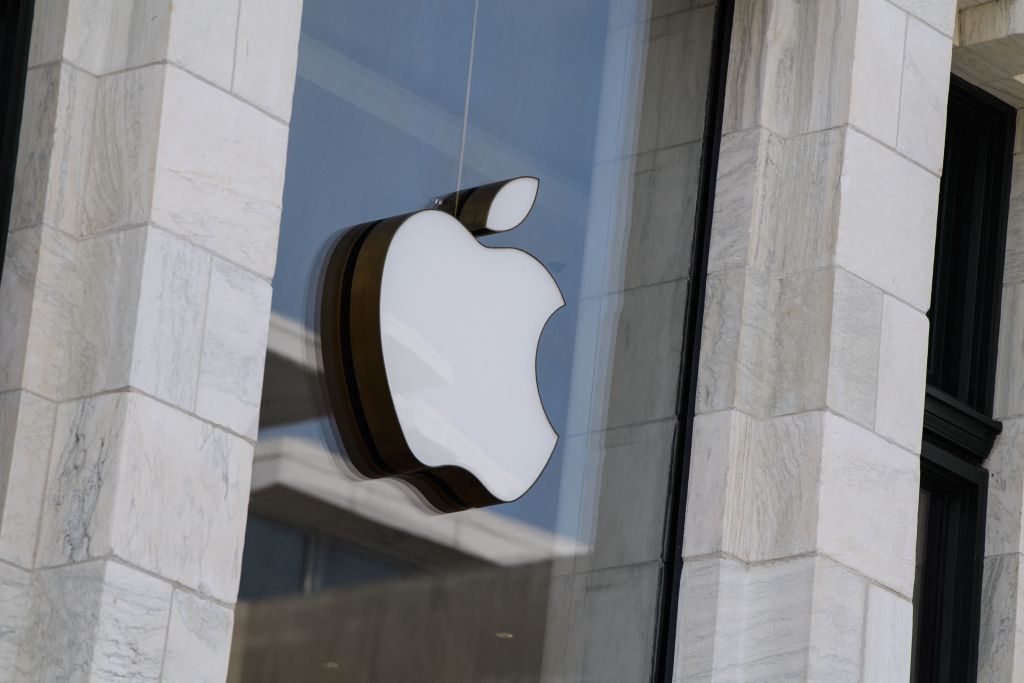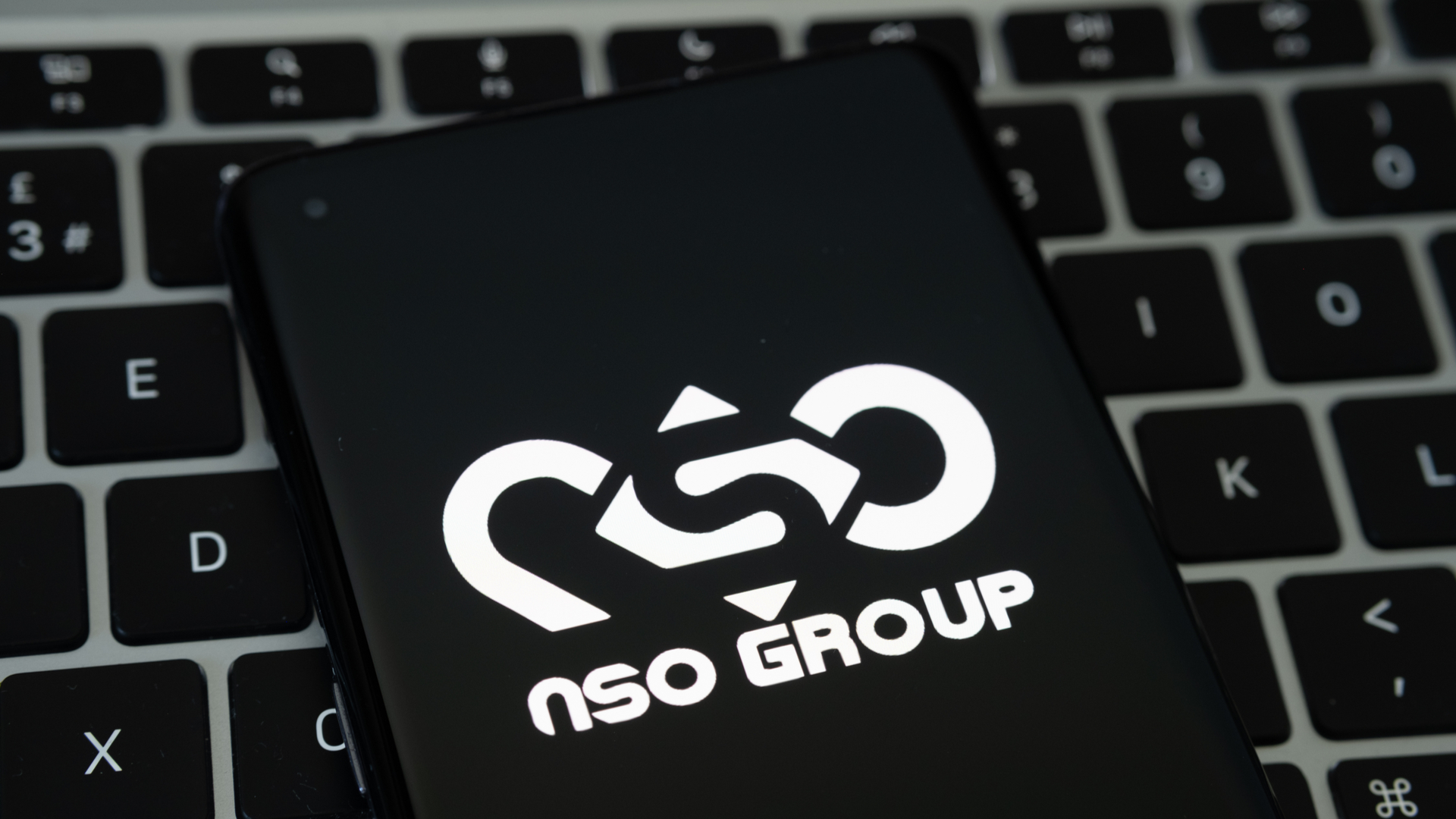Apple launching Lockdown Mode with iOS 16 to guard against Pegasus-style spyware
Apple breaks its bug bounty record with $2 million top prize, alongside $10 million grant funding, as it launches industry-first protections for highly targeted individuals


Apple has teased an upcoming security initiative for iPhone, iPad, and Mac users who believe they may be targeted of state-sponsored spyware campaigns in the mould of Pegasus, Predator, and Hermit.
Lockdown Mode, which is coming to iOS 16, iPad OS 16 and macOS Ventura in autumn, will implement stricter security measures on Apple devices to combat the exfiltration or monitoring of sensitive data flowing in and out of Apple hardware.
The feature will offer “extreme, optional protection for the very small number of users who face grave, targeted threats to their digital security”.
Embattled Israeli outfit NSO Group’s Pegasus spyware is perhaps the most infamous programme of this kind, having been found on the devices of numerous high-profile individuals over the past several years, including murdered Saudi journalist Jamal Khashoggi.
Despite being discovered years ago, and with Apple releasing security patches to prevent it infecting devices, Pegasus continues to infect individuals’ devices today.
Reports from this year have indicated government officials in both the UK and El Salvador have been targeted, years after the first known Pegasus case was reported.
“While the vast majority of users will never be the victims of highly targeted cyberattacks, Apple will work tirelessly to protect the small number of users who are,” said Ivan Krstić, head of security engineering and architecture at Apple on Twitter. “I’m deeply proud of our next steps, including a groundbreaking feature: Lockdown Mode.”
Get the ITPro daily newsletter
Sign up today and you will receive a free copy of our Future Focus 2025 report - the leading guidance on AI, cybersecurity and other IT challenges as per 700+ senior executives
Technical implementations
Apple calls Lockdown Mode a ‘first of its kind feature’ that'll offer a swathe of technical features to keep the digital lives of targeted individuals safe from state-sponsored spyware.
For messaging, Lockdown Mode will block most major attachment types, other than images, and block other features like link previews.
While Apple didn’t explicitly state the reason for this, the measure could have been implemented in relation to Pegasus previously being installed by exploiting a no-click vulnerability in Apple’s iMessage.
A number of “complex web technologies” involved in on-device web browsing will also be blocked, Apple said. Things like just-in-time (JIT) JavaScript compilation - a method of compiling code to make both execution and the overall experience faster - will be disabled unless a user whitelists a given website in Lockdown Mode’s settings, for example.
Incoming invitations and service requests such as FaceTime calls will be blocked for users who have never interacted with the initiator before, and wired connections to other computers or accessories will also be blocked when an iPhone is locked, Apple said.
Lastly, configuration profiles will not be able to be installed, nor can devices be enrolled into mobile device management (MDM) programmes - combatting a method of spyware installation exploited by Hermit. However, Krstić confirmed pre-existing MDM enrollment is preserved after enabling Lockdown Mode.
Apple said it will continue to add additional features to Lockdown Mode over time and as user feedback is received.
It has also added a special category to its pre-existing bug bounty programme for Lockdown Mode bypasses, offering what it calls the largest potential payout for any bug bounty in the industry – $2 million (£1.67 million) – as a reward for the most severe submissions.
$10 million fund
In addition to the launch of Lockdown Mode, Apple said it will be setting up a $10 million grant, plus any additional funds generated from the damages it receives in its ongoing lawsuit against Pegasus creators NSO Group, to support organisations fighting highly targeted cyber attacks.
Such organisations could include those making efforts to quell state-sponsored spyware attacks, or those tasked with investigating and exposing the operators behind them - and other types of targeted attacks on digital security.
RELATED RESOURCE

Securing endpoints amid new threats
Ensuring employees have the flexibility and security to work remotely
The grant will be made available to the Dignity and Justice Fund which expects to issue the first round of grants in late 2022 or early 2023.
“There is now undeniable evidence from the research of the Citizen Lab and other organisations that the mercenary surveillance industry is facilitating the spread of authoritarian practices and massive human rights abuses worldwide,” said Ron Deibert, director at Citizen Lab, a research group at the University of Toronto long-famed for its investigations into state-sponsored spyware.
“I applaud Apple for establishing this important grant, which will send a strong message and help nurture independent researchers and advocacy organisations holding mercenary spyware vendors accountable for the harms they are inflicting on innocent people.”

Connor Jones has been at the forefront of global cyber security news coverage for the past few years, breaking developments on major stories such as LockBit’s ransomware attack on Royal Mail International, and many others. He has also made sporadic appearances on the ITPro Podcast discussing topics from home desk setups all the way to hacking systems using prosthetic limbs. He has a master’s degree in Magazine Journalism from the University of Sheffield, and has previously written for the likes of Red Bull Esports and UNILAD tech during his career that started in 2015.
-
 Bigger salaries, more burnout: Is the CISO role in crisis?
Bigger salaries, more burnout: Is the CISO role in crisis?In-depth CISOs are more stressed than ever before – but why is this and what can be done?
By Kate O'Flaherty Published
-
 Cheap cyber crime kits can be bought on the dark web for less than $25
Cheap cyber crime kits can be bought on the dark web for less than $25News Research from NordVPN shows phishing kits are now widely available on the dark web and via messaging apps like Telegram, and are often selling for less than $25.
By Emma Woollacott Published
-
 Greek intelligence allegedly uses Predator spyware to wiretap Facebook security staffer
Greek intelligence allegedly uses Predator spyware to wiretap Facebook security stafferNews The employee’s device was infected through a link pretending to confirm a vaccination appointment
By Zach Marzouk Published
-
 North Korean-linked Gmail spyware 'SHARPEXT' harvesting sensitive email content
North Korean-linked Gmail spyware 'SHARPEXT' harvesting sensitive email contentNews The insidious software exfiltrates all mail and attachments, researchers warn, putting sensitive documents at risk
By Rory Bathgate Published
-
 Young hacker faces 20-year prison sentence for creating prolific Imminent Monitor RAT
Young hacker faces 20-year prison sentence for creating prolific Imminent Monitor RATNews He created the RAT when he was aged just 15 and is estimated to have netted around $400,000 from the sale of it over six years
By Connor Jones Published
-
 European company unmasked as cyber mercenary group with ties to Russia
European company unmasked as cyber mercenary group with ties to RussiaNews The company that's similar to NSO Group has been active since 2016 and has used different zero-days in Windows and Adobe products to infect victims with powerful, evasive spyware
By Connor Jones Published
-
 Mysterious MacOS spyware discovered using public cloud storage as its control server
Mysterious MacOS spyware discovered using public cloud storage as its control serverNews Researchers have warned that little is known about the 'CloudMensis' malware, including how it is distributed and who is behind it
By Rory Bathgate Published
-
 El Salvador becomes latest target of Pegasus spyware
El Salvador becomes latest target of Pegasus spywareNews The list of nations with access to Pegasus is growing, with evidence pointing to potential links between 35 confirmed Pegasus cases and the Salvadoran government
By Connor Jones Published
-
 Egyptian exiles targeted with Predator spyware resembling NSO Group's Pegasus
Egyptian exiles targeted with Predator spyware resembling NSO Group's PegasusNews A high-profile politician and journalist have been targeted with spyware likely spread using WhatsApp messages
By Connor Jones Published
-
 NSO Group reportedly hacked multiple US officials
NSO Group reportedly hacked multiple US officialsNews Apple informed the US State Department that it found a number of cases of staff iPhones being hacked with Pegasus spyware
By Connor Jones Published